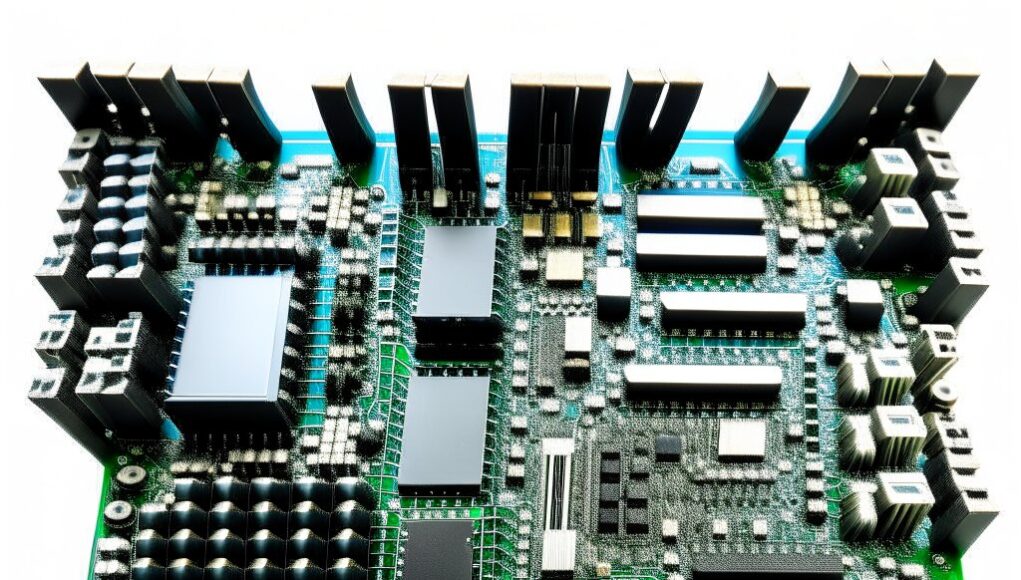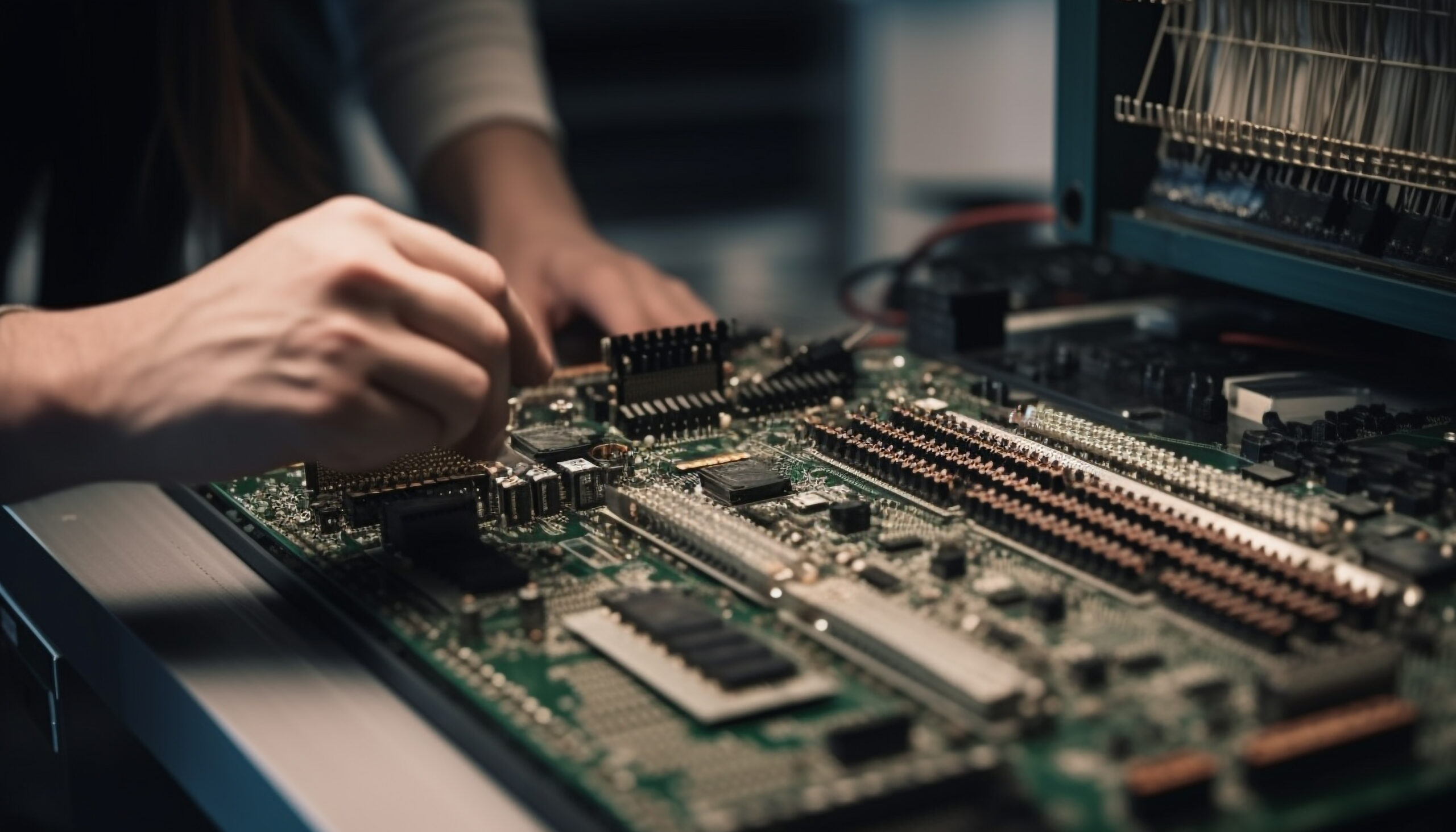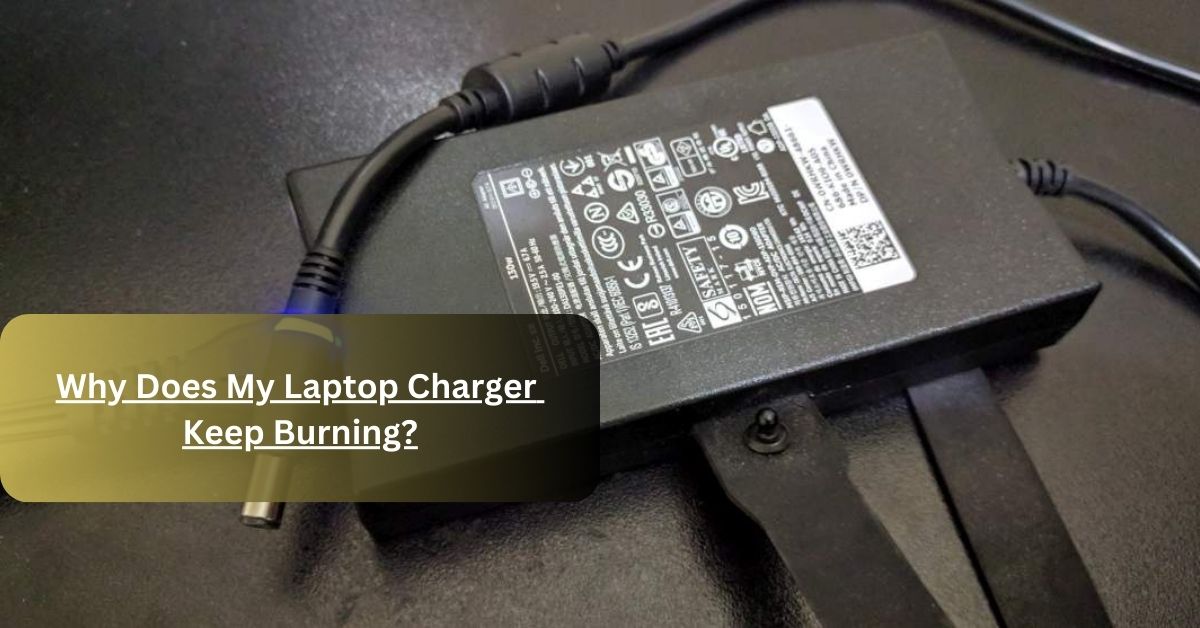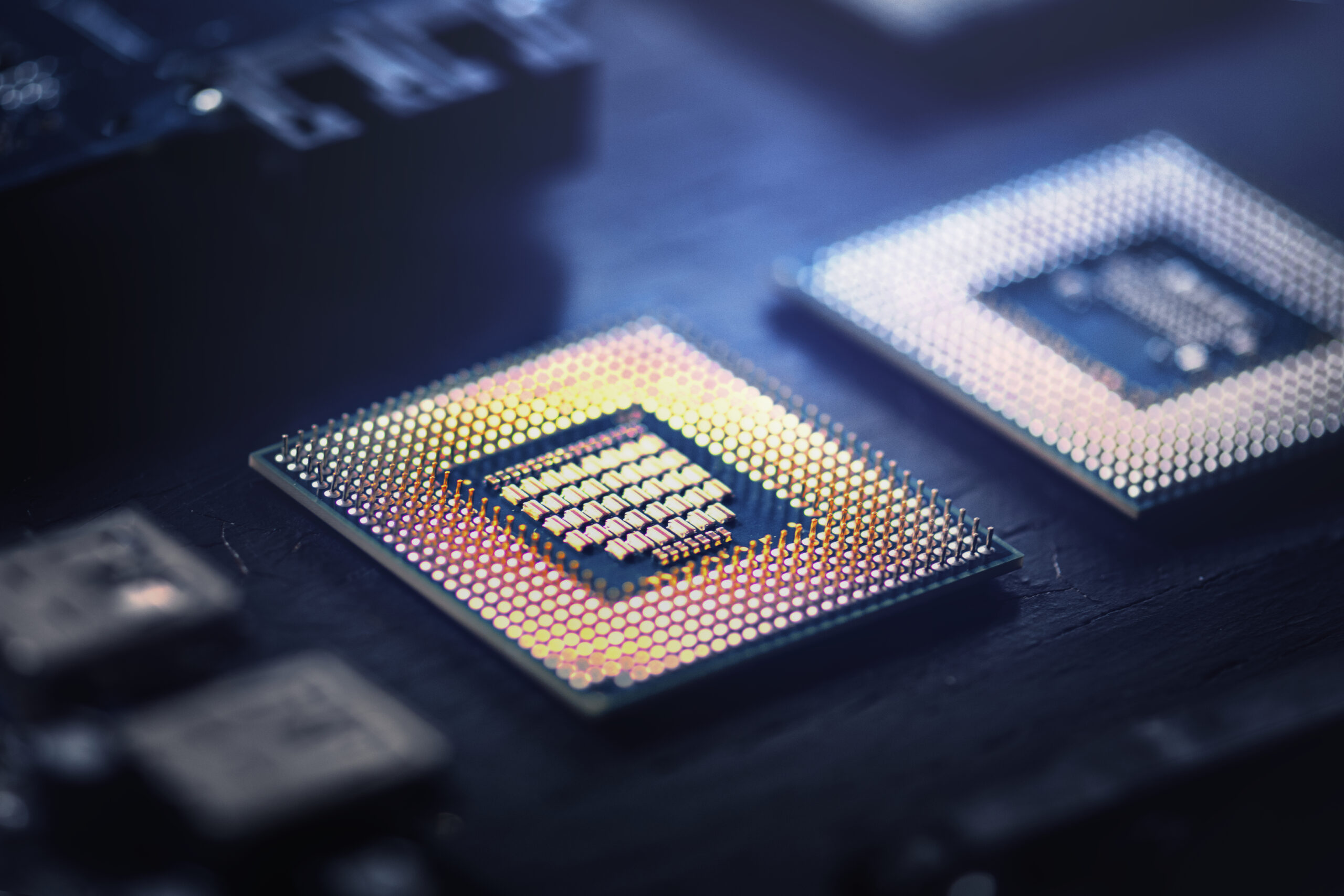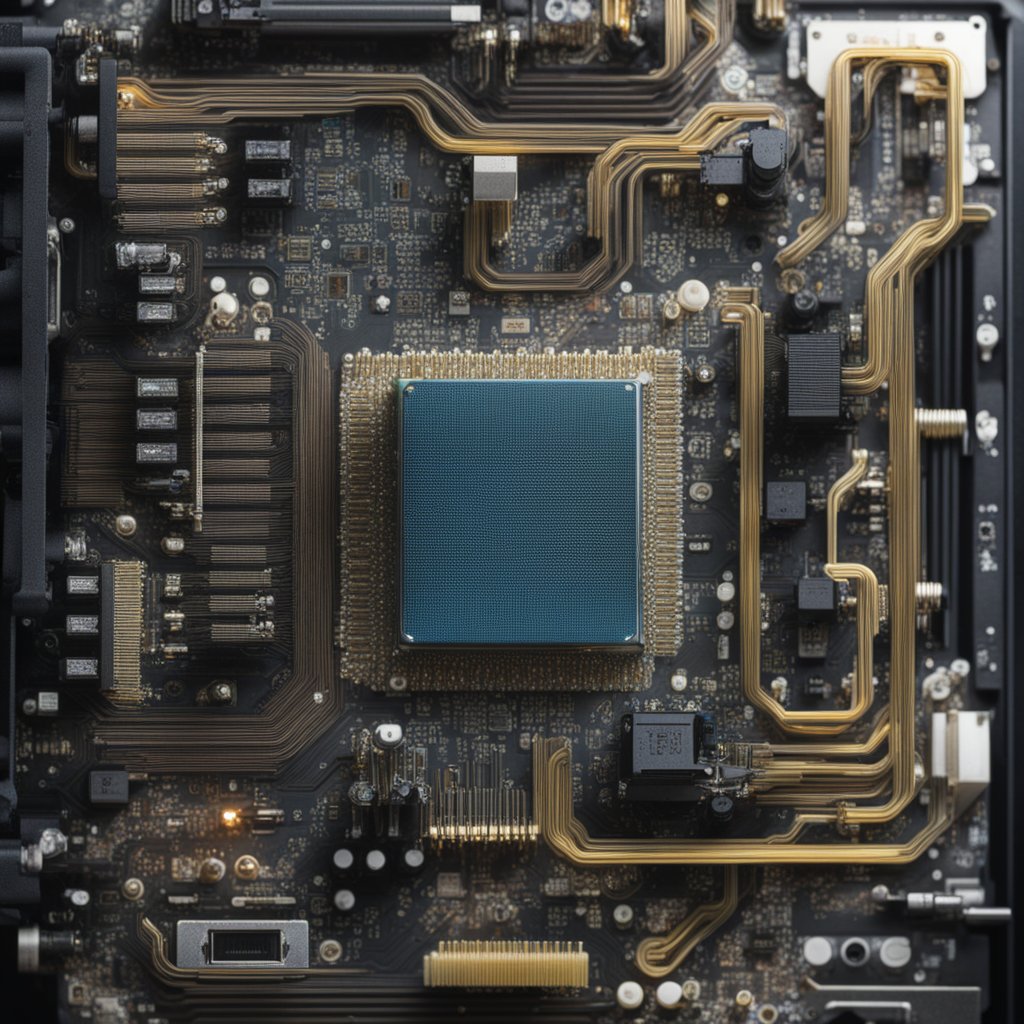Upgrading your Lenovo motherboard isn’t just about boosting your PC’s performance; it’s about transforming your entire computing experience. Whether you’re a gamer, a creative professional, or just looking for a more robust system, selecting the right motherboard is crucial. Here’s what you need to know to make an informed choice.
1. Compatibility Is Key For Lenovo Motherboard
First things first, compatibility. Not all motherboards will fit in your PC case or work with your other components. You need to check the form factor of the motherboard—whether it’s ATX, MicroATX, or MiniITX—and ensure it matches your case and suits your needs. For instance, if you’re looking to build a compact PC, a MiniITX will be your go-to. Also, ensure that the motherboard is compatible with your CPU. An incompatible motherboard won’t just underperform—it won’t function at all.
2. What’s Your Budget?
Lenovo motherboards come in various price ranges. Setting a budget can help you narrow down your options without getting overwhelmed. Remember, the most expensive option isn’t always the best for your needs. You can find quality Lenovo motherboards that won’t break the bank but will still offer substantial upgrades over your current setup.
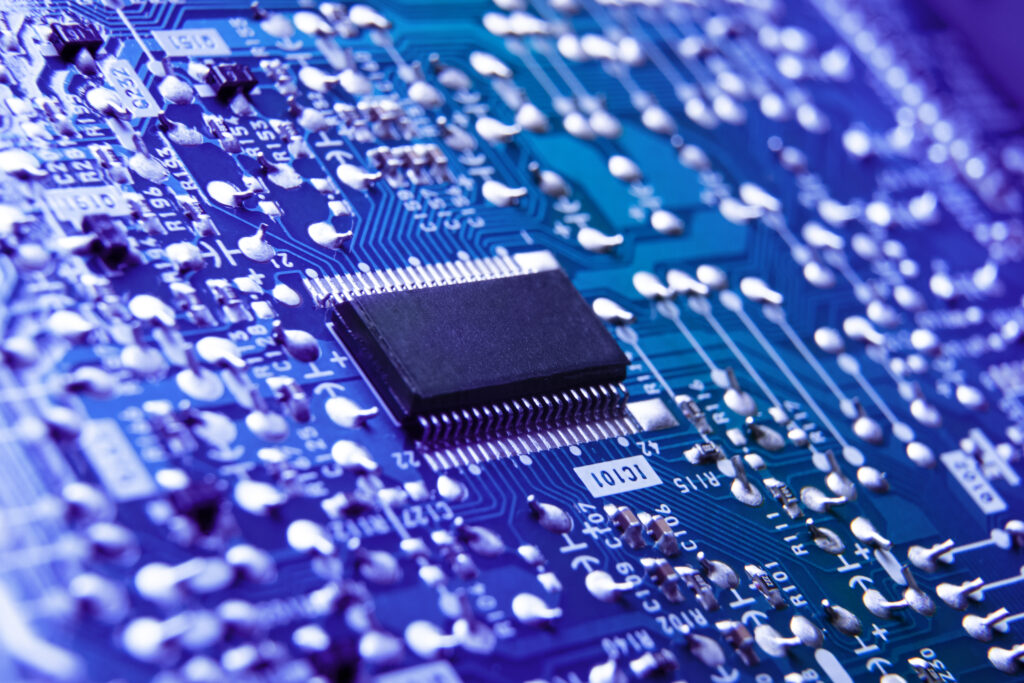
3. Features and Expansion Options
Think about what you need in terms of connectivity and expansion slots. How many USB ports do you need? Are you planning on installing multiple graphics cards? Maybe you need room for additional RAM? Lenovo motherboards offer a variety of ports and expansion capabilities, including PCIe slots and DDR4 memory slots. Make sure the motherboard you choose supports all the peripherals and upgrades you plan on adding.
4. Overclocking Capabilities
If you’re into gaming or using intensive applications, you might want to consider a motherboard’s overclocking capabilities. Some Lenovo gaming motherboards come with enhanced cooling features and advanced BIOS options to help you squeeze extra performance out of your components.
5. Check the Reviews
Always check customer reviews and expert opinions before making your purchase. Reviews can provide insights into a motherboard’s performance and reliability over time. Pay attention to comments on motherboard durability, especially if you plan on pushing your system with overclocking or extensive use.
6. Warranty and Support
Don’t overlook the importance of a good warranty and customer support. A longer warranty period indicates the manufacturer’s confidence in their product. Lenovo is known for its robust support network, so make sure you’re covered in case anything goes awry.
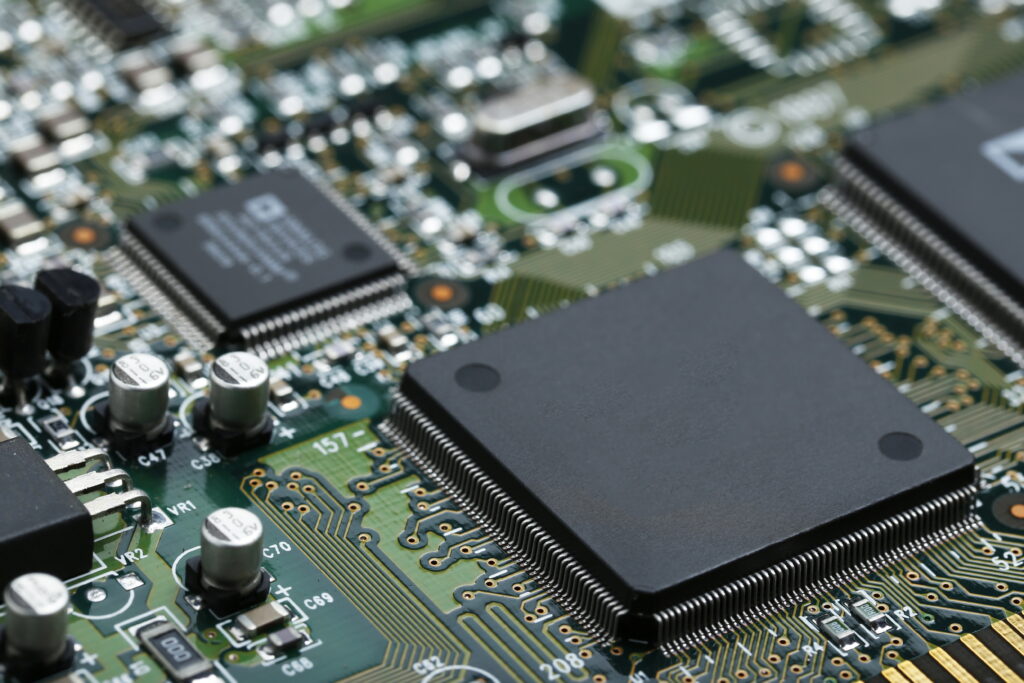
7. Future-Proofing
Lastly, consider how future-proof the motherboard is. Technology evolves rapidly, and purchasing a motherboard that can support upcoming standards like PCIe 5.0 or ultra-fast memory can be a wise investment, ensuring your system remains up-to-date for longer.
Choosing the right Lenovo motherboard can be the cornerstone of a high-performance, stable PC setup. Whether you’re upgrading your current system or building a new one from scratch, keeping these tips in mind will guide you to the perfect motherboard match for your needs and budget. And remember, it’s all about finding the balance between performance, cost, and future needs. Happy motherboard hunting!
When talking about Lenovo motherboards, you’re dealing with a product that’s built to enhance your computing experience significantly. These motherboards are designed with both the casual user and the power user in mind, providing a robust platform for a variety of computing tasks, from everyday web browsing to intensive gaming and professional graphic design. The engineering reflects Lenovo’s commitment to reliability, integrating advanced technology to support the latest CPUs, RAM, and storage options.
Highlighting Features
A key feature of Lenovo motherboards is their compatibility with a range of processors and memory types, which ensures that they can be a part of many custom setups. This versatility is a significant boon, as it allows for future upgrades without the need for a completely new system. Additionally, features like integrated security chips and energy-efficient designs not only protect your data but also help reduce your carbon footprint, making these motherboards an excellent choice for environmentally conscious consumers.
Pros and Cons
On the upside, Lenovo motherboards are renowned for their stability and durability, often outlasting their competitors under similar stress conditions. The BIOS is also user-friendly, making it easy for even the less tech-savvy users to navigate and make adjustments as needed. For gamers, certain models offer excellent overclocking capabilities, which can enhance performance without the need for external cooling systems.
However, there are some limitations to consider. While Lenovo offers great compatibility, some of their motherboards may not support very old or niche components, which can be a dealbreaker for users looking to build a PC with legacy parts. Additionally, while they are generally reliable, some users have reported difficulties with customer support and warranty claims, which can be frustrating if issues arise.
Final Verdict
Overall, Lenovo motherboards stand out in the crowded marketplace for their reliability and user-friendly features. They offer a solid foundation for building a dependable PC, whether for home, office, or gaming use. The cons, while notable, are not dealbreakers for most users and are often overshadowed by the advantages these motherboards provide. If you’re seeking a motherboard that balances performance, cost, and future-proofing capabilities, Lenovo’s range of motherboards deserves serious consideration. Whether upgrading an existing system or starting a new build, their motherboards provide a strong base to meet current and future computing needs.
FAQs
Can I use a Lenovo motherboard in any PC case? That’s a great question! Generally, Lenovo motherboards follow standard sizes like ATX, MicroATX, or MiniITX, which are compatible with most PC cases designed for these formats. Just double-check your case’s specifications to ensure a perfect fit.
How do I know if a Lenovo motherboard is compatible with my current CPU? To figure this out, you’ll want to look at the CPU socket type on the motherboard. Each CPU has a specific socket requirement (like Intel’s LGA 1151 or AMD’s AM4), so match this with your motherboard’s socket type to ensure they’re compatible.
Are Lenovo motherboards good for gaming? Yes, many Lenovo motherboards are excellent for gaming! They often support overclocking, have robust thermal management, and offer multiple slots for graphics cards. Just make sure you pick a model that meets the specific demands of your favorite games.
What should I do if I encounter issues with my Lenovo motherboard? First off, don’t panic. Check Lenovo’s official website for troubleshooting tips or contact their customer support. It’s also helpful to visit forums or watch tutorial videos if you think it’s an issue you can resolve yourself.
Is upgrading my motherboard a good way to improve computer performance? Absolutely! Upgrading your motherboard can enable support for faster processors, more RAM, and newer technologies, giving your system a significant performance boost. It’s like giving your PC a new lease on life.
How long is the warranty on Lenovo motherboards, and what does it cover? Lenovo motherboard warranties can vary, so it’s best to check the specifics when you purchase. Typically, warranties last from one to three years and cover defects in materials and workmanship.


